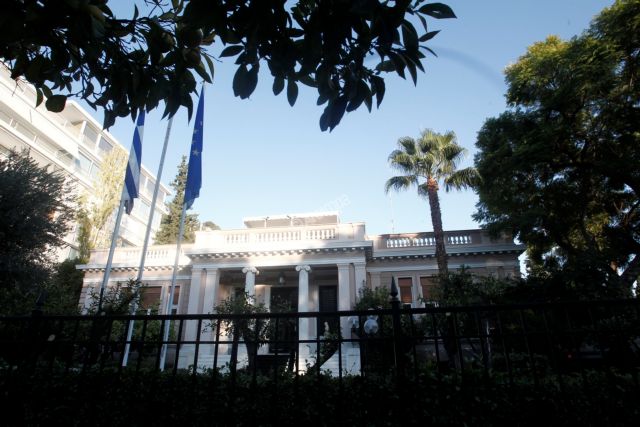The civil mobilization of DEI employees, which resulted in employee federation GENOP calling off its strike over the immanent privatization of the public power company, has prompted the latest clash between New Democracy and SYRIZA.
While SYRIZA’s parliamentary spokesperson Panagiotis Lafazanis argued that the civil mobilization was “profound for Democracy” and accused the government of abolishing the right to strike, his New Democracy counterpart Adonis Georgiadis argued that it was “a bright day for Democracy”.
SYRIZA has argued that the government plans for the private “mini DEI ”serves specific financial interests and lead to oligopolies” and stressed that the employees are struggling “for a united and public company that will secure cheap electricity for the people and will live up to its growth and social role”.
The government spokeswoman Sofia Voultepsi claimed that the GENOP DEI strike was found to be illegal because it had no union demands and added that the privatization of DEI was an EU demand. Mrs. Voultepsi also claimed that DEI was being sold because the company needed money to grow.
This development has pleased the Prime Minister Antonis Samaras, who has supported a hard stance against the unionist in an effort to show creditors that his fragile coalition is capable of passing reforms without major delays. With the unions seeking alternative means of protesting the privatization, Mr. Samaras does not appear concerned about SYRIZA’s call for a referendum.
Some officers within the government though are more reserved in their estimations of the situation and note that while the controversial privatization bill may pass in parliament, there is no certainty of the resulting “mini DEI” actually being sold.





